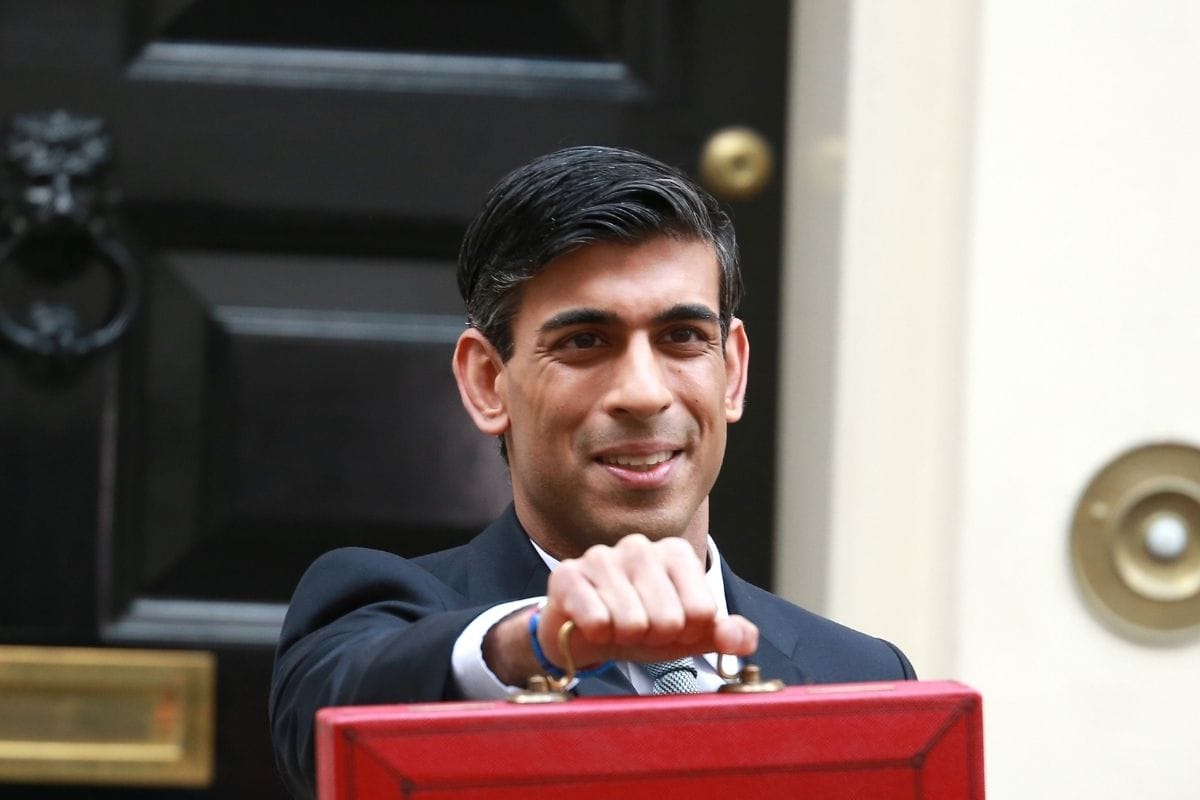Spring Statement 2022: What it means for nail & beauty businesses
By Helena Biggs | 23 March 2022 | Movers & Shakers, News

Today (23 March), Chancellor Rishi Sunak unveiled his Spring Statement to Parliament, with a number of actions to help support households and businesses.
The Statement reads: “The invasion [of Ukraine] has created significant uncertainty in the global economy, particularly in energy markets. The sanctions and strong response by the UK and its allies are vital in supporting the Ukrainian people, but these decisions will inevitably have an adverse effect on the UK economy and other economies too.”
“Small and medium-sized enterprises (SMEs) are affected by rising costs. The Spring Statement builds on previously announced support for SMEs, including business rates relief worth £7 billion over the next five years; increasing the Annual Investment Allowance from £200,000 to £1 million until March 2023; subsidising the cost of high-quality training through the Help to Grow: Management scheme; and helping firms to adopt new digital technologies with Help to Grow: Digital.
“Businesses will also benefit from the cut to fuel duty, and the Employment Allowance will increase to £5,000 from April – a tax cut of up to £1,000 for around half a million small businesses.”
Here’s a summary of the key policy decisions announced today:
- Increasing National Insurance thresholds – The annual National Insurance Primary Threshold and Lower Profits Limit, for employees and the self-employed respectively, will increase from £9,880 to £12,570 from July 2022.
- Reducing Class 2 NICs payments for low earners – From April, self-employed individuals with profits between the Small Profits Threshold and Lower Profits Limit will not pay class 2 NICs, meaning lower-earning self-employed people can keep more of what they earn while continuing to build up National Insurance credits.
- Increasing the Employment Allowance – The Employment Allowance will increase from April 2022, meaning eligible employers will be able to reduce their employer NICs bills by up to £5,000 per year – a tax cut worth up to £1,000 per employer. As a result, businesses will be able to employ four full-time employees on the NLW without paying any employer NICs.
- Basic rate of income tax – The government will reduce the basic rate of income tax to 19% from April 2024. This will apply to the basic rate of non-savings, non-dividend income for taxpayers in England, Wales and Northern Ireland; the savings basic rate which applies to savings income for taxpayers across the UK; and the default basic rate which applies to a very limited category of income taxpayers made up primarily of trustees and non-residents. The reduction in the basic rate for non-savings-non-dividend income will not apply for Scottish taxpayers because the power to set these rates is devolved to the Scottish government. Under the agreed Fiscal Framework the Scottish government will receive additional funding, worth around £350 million in 2024-25.
- Temporary cut to fuel duty – The government will cut the duty on petrol and diesel by 5p per litre for 12 months from 6pm tonight (23 March) on a UK-wide basis. Where practical, a proportionate cut will also apply to fuel duty rates which are lower than the main rates for petrol and diesel, including red diesel.
To view the full Spring Statement, click here.

Read the latest issue









